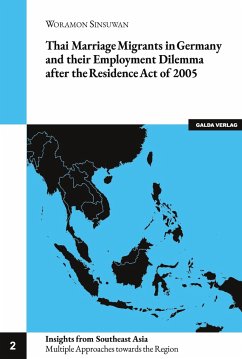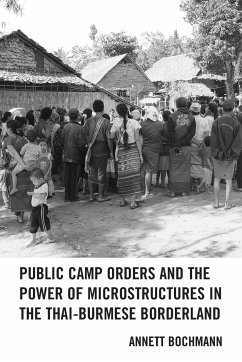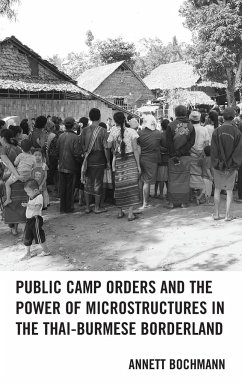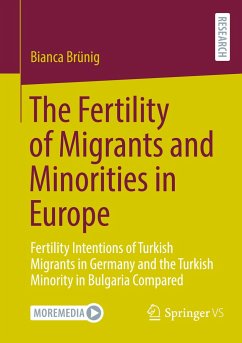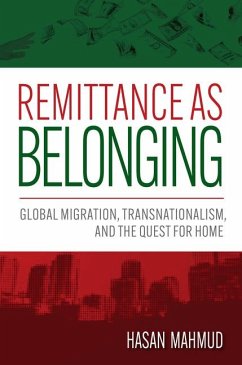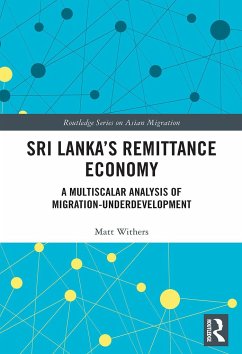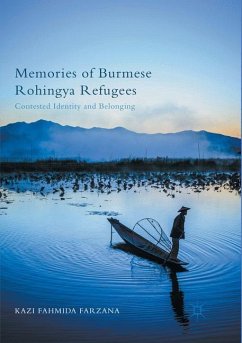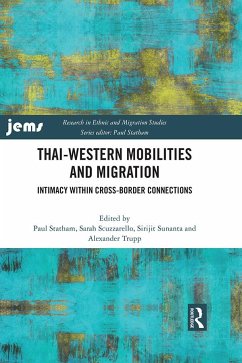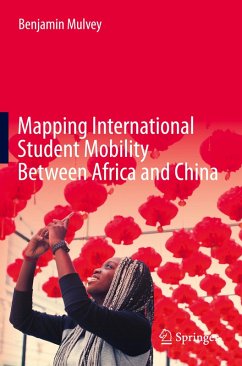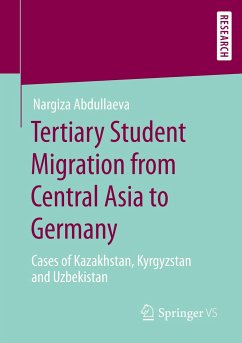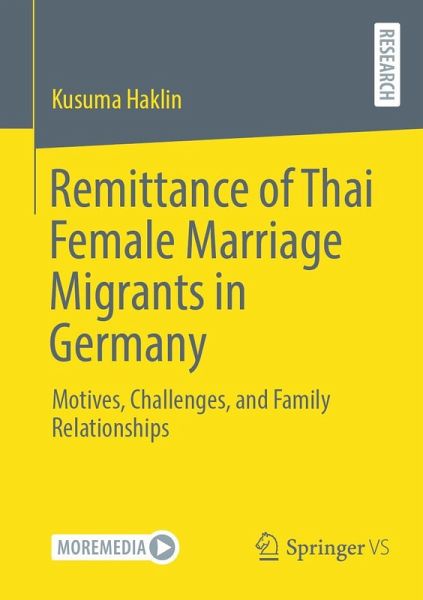
Remittance of Thai Female Marriage Migrants in Germany
Motives, Challenges, and Family Relationships

PAYBACK Punkte
38 °P sammeln!
Remittances of Thai female married migrants have been one of the recognized conflicts among Thai-German spouses for a long time. However, the issue of remittance has only been partially debated and clarified as the economic support of Thai wives towards their natal family in Thailand. This book analyzes the determinants that influence Thai migrant wives to send remittances to their natal families and investigates the impact of remitting on both their marital and origin family relationships. The study acquired primary data from the eight key informants by a case study research approach, and sup...
Remittances of Thai female married migrants have been one of the recognized conflicts among Thai-German spouses for a long time. However, the issue of remittance has only been partially debated and clarified as the economic support of Thai wives towards their natal family in Thailand. This book analyzes the determinants that influence Thai migrant wives to send remittances to their natal families and investigates the impact of remitting on both their marital and origin family relationships. The study acquired primary data from the eight key informants by a case study research approach, and supportive information from secondary informants who were personally related to the key informants. Data collection methods included interviews (in-depth and focus-groups) and observations (non-participant and participant). The findings revealed that the financial aspect is the least significant reason for sending remittances among Thai wives in Germany. The remittance practice appears to be anadoption of the cultural gratitude belief deeply rooted in Thai wives' mentality. Thai women reported having remitted to their parents before they married and maintaining this practice as a particular way to perform their decent child's duty towards parents while living abroad. Remitting also carried a symbolic meaning of love and care underpinned by the concept of a gratitude culture.



